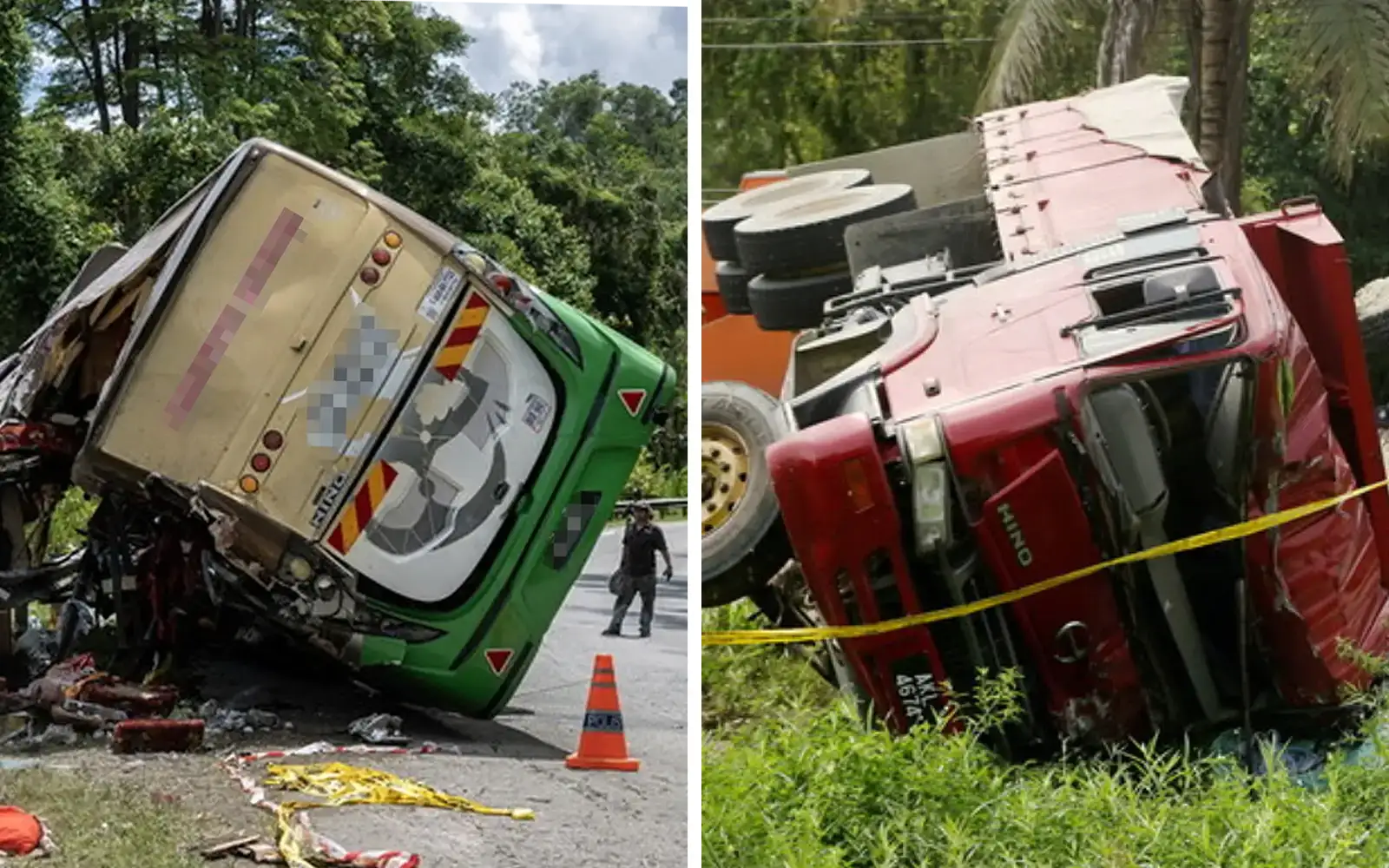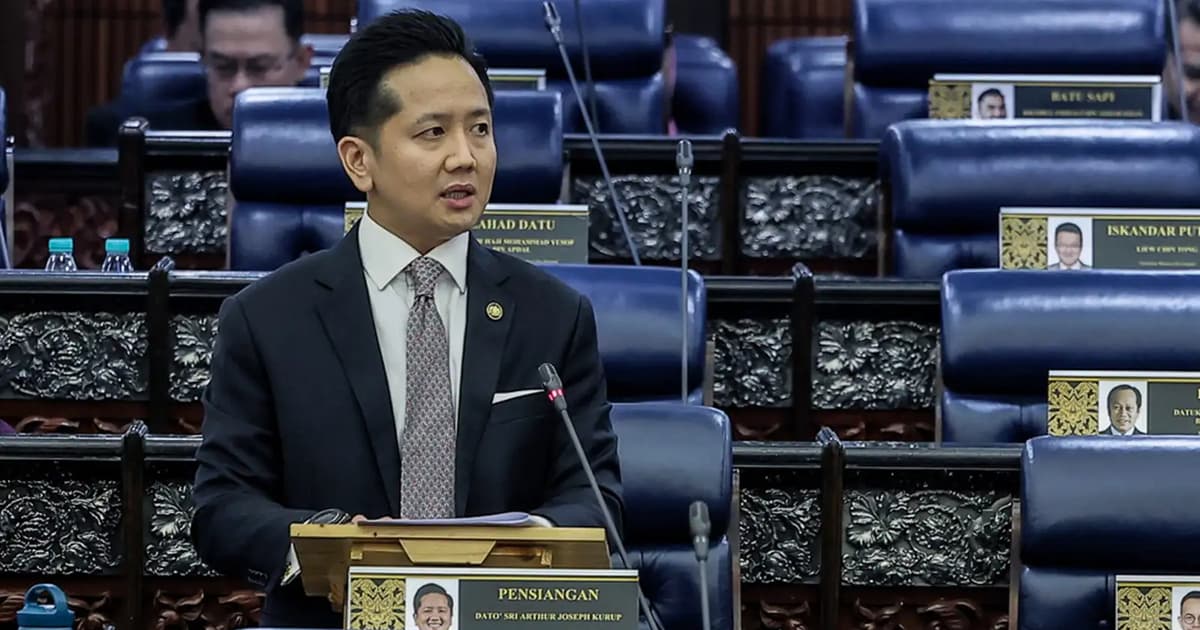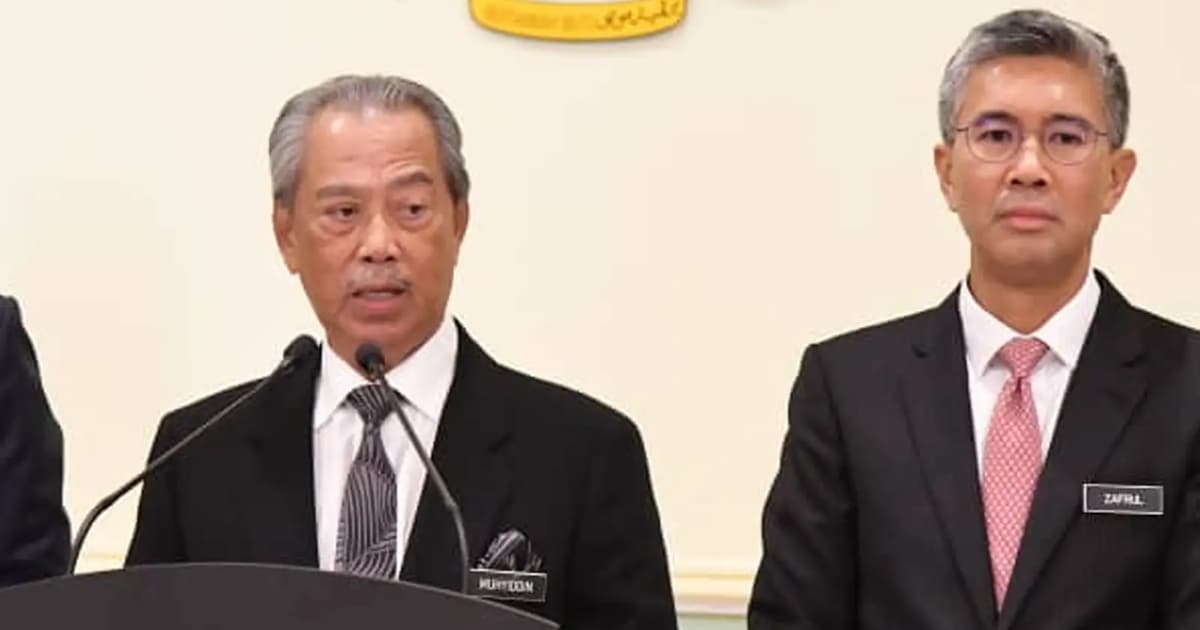Dr. Mahathir Mohamad Advocates for Pre-Duty Urine Screening
Former Malaysian Prime Minister Dr. Mahathir Mohamad recently suggested that urine screening tests could be conducted before drivers embark on journeys lasting more than two hours.
Proposal for Pre-Duty Urine Screening
Dr. Mahathir Mohamad, a prominent figure in Malaysian politics, has put forward a proposal that urges for urine screening tests to be carried out as a pre-requisite for drivers before they commence journeys exceeding a two-hour duration. The rationale behind this recommendation is to ensure the safety and well-being of all road users through the prevention of potential accidents caused by drivers under the influence of substances.
Enhancing Road Safety
The emphasis on pre-duty urine screening is a proactive measure aimed at enhancing road safety in Malaysia. By requiring drivers to undergo this test before embarking on long journeys, authorities can potentially identify individuals who may be impaired by drugs or alcohol. This preventive approach seeks to mitigate the risks associated with impaired driving, which is a significant contributor to road accidents globally.
Support and Opposition
While the proposal has garnered some support for its potential to reduce road accidents and enhance public safety, there are also voices of opposition. Critics of mandatory urine screening argue that it may infringe on individual privacy rights and could be perceived as overly intrusive. Balancing the benefits of increased road safety with concerns regarding personal liberties will be a key consideration in evaluating the feasibility of implementing such a measure.
Implementation and Logistics
Should the proposal for pre-duty urine screening be considered for implementation, logistical aspects such as testing facilities, procedures, and costs would need to be carefully planned. Establishing standardized protocols for conducting the tests, ensuring the accuracy of results, and determining the frequency of screening are essential components to be addressed. Additionally, training for personnel involved in administering the tests and handling sensitive information would be crucial for the successful execution of this initiative.
Public Awareness and Education
An integral component of introducing pre-duty urine screening would involve raising public awareness about the purpose and benefits of such tests. Educational campaigns highlighting the importance of road safety, the risks of impaired driving, and the role of urine screening in preventing accidents could help garner support for the initiative. Engaging with various stakeholders, including drivers, transport companies, and regulatory bodies, would be essential in fostering a collective understanding of the rationale behind this proposed measure.
Conclusion
In conclusion, Dr. Mahathir Mohamad’s advocacy for pre-duty urine screening as a safety measure for drivers embarking on long journeys reflects a proactive approach to enhancing road safety in Malaysia. While the proposal presents potential benefits in reducing accidents caused by impaired driving, it also raises considerations regarding privacy, logistics, and public acceptance. As discussions on the feasibility and implications of implementing such a measure continue, a balanced approach that prioritizes both safety and individual rights will be crucial in shaping future road safety initiatives.
Source
This article is written in response to original article.










